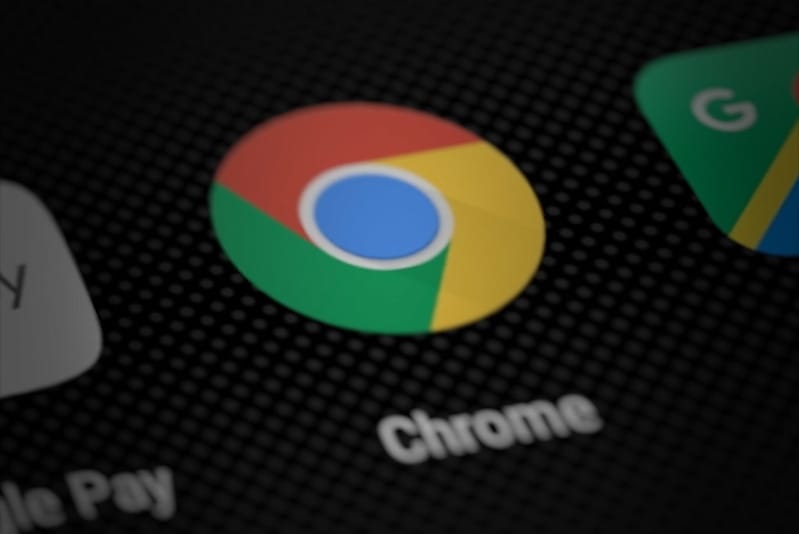AI startup Perplexity makes stunning 34.5 billion dollar bid for Google Chrome browser. The three-year-old company wants to buy the world’s most popular web browser, even though the offer is nearly double Perplexity’s own value.
Perplexity AI sent an unsolicited cash offer to Google on Tuesday morning. The company, led by Indian-origin CEO Aravind Srinivas, claims several investment funds have agreed to finance the entire deal. This comes at a crucial time when Google faces pressure from U.S. regulators who want the tech giant to sell Chrome.
The Department of Justice proposed forcing Google to give up Chrome after a federal judge ruled the company illegally monopolized internet search. Google lost the antitrust case last year and plans to appeal the decision. The judge is expected to announce remedies this month that could reshape how people search the internet.
Chrome controls about 68 percent of the global browser market and serves over three billion users worldwide. Google launched the browser in 2008 and uses it to collect valuable data for targeted advertising. The Justice Department argues that forcing Google to sell Chrome would create fairer competition for rival search engines.
Perplexity’s offer includes specific promises to address regulatory concerns. The company pledges to keep Chrome’s underlying Chromium code open-source, which other browsers like Microsoft Edge and Opera rely on. It also commits to investing three billion dollars over two years to improve Chrome and maintain Google as the default search engine, though users could change this setting.
The startup promises to keep existing Chrome workers and avoid making secret changes to the browser. These commitments appear designed to ease regulatory approval and show Perplexity won’t disrupt the current browsing experience for billions of users.
Several other companies have shown interest in Chrome if Google is forced to sell. OpenAI, the maker of ChatGPT, has expressed interest in acquiring the browser. Yahoo and private equity firm Apollo Global Management have also indicated they might bid. This growing interest suggests a potential bidding war if the court orders Google to divest Chrome.
Similar Posts
DuckDuckGo CEO Gabriel Weinberg recently testified that Chrome could be worth at least 50 billion dollars, making Perplexity’s offer potentially attractive. However, some analysts call the bid unrealistic and view it as a strategic move to gain attention rather than a serious acquisition attempt.
Perplexity was valued at 18 billion dollars in July after raising about one billion dollars from investors including Nvidia and SoftBank. The company has grown rapidly since its 2022 founding, reaching 30 million monthly users with its AI-powered search engine that provides direct answers with source citations.
This isn’t Perplexity’s first bold move. The company submitted a merger proposal for TikTok in January when the social media app faced potential U.S. ban over Chinese ownership concerns. That deal never materialized, but it showed Perplexity’s willingness to pursue high-profile acquisitions.
Perplexity recently launched its own AI browser called Comet, which can summarize web pages and automate tasks like scheduling. This makes the Chrome bid particularly interesting since Perplexity is developing competing browser technology while offering to buy the market leader.
The timing appears strategic as browsers become crucial battlegrounds in the AI race. Companies like OpenAI are also working on AI-powered browsers that could change how people find information online. Controlling Chrome would give Perplexity instant access to billions of users instead of slowly building its own audience.
Google hasn’t responded to Perplexity’s offer and hasn’t indicated any intention to sell Chrome voluntarily. The company calls the Justice Department’s divestiture proposal “wildly overbroad” and argues it would harm consumers and security.
Whether this bid influences the judge’s upcoming remedies decision remains unclear, but it demonstrates how AI companies view browser control as essential for future competition in search and artificial intelligence.







